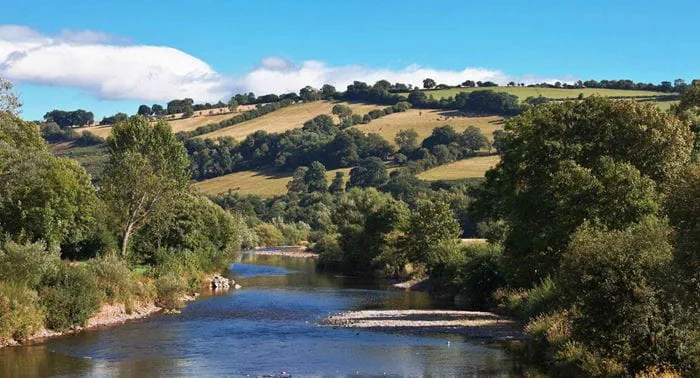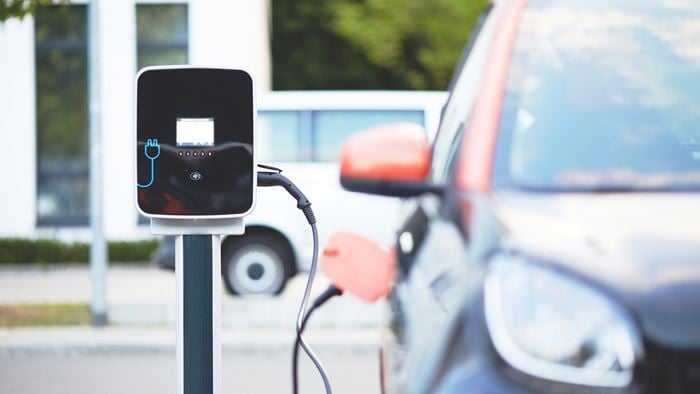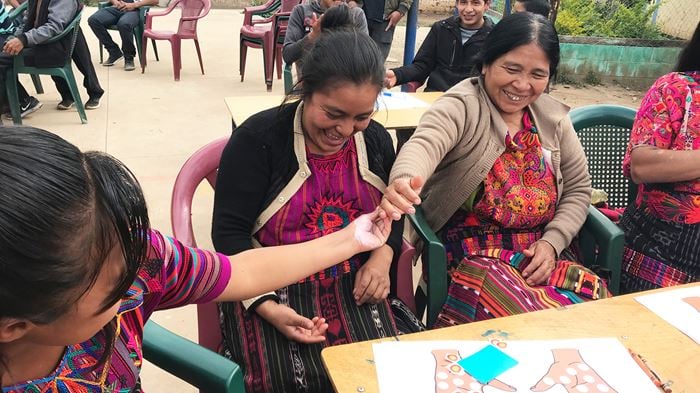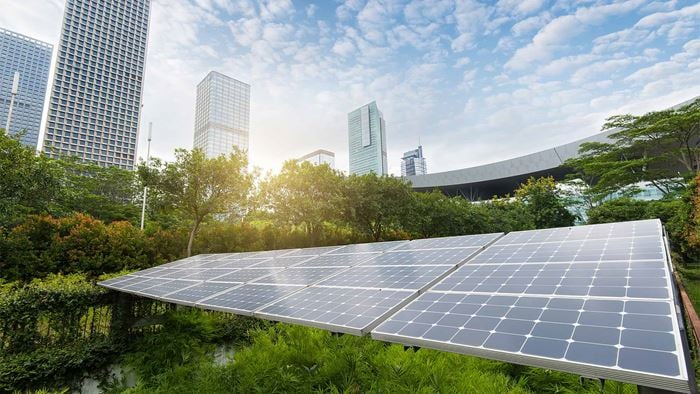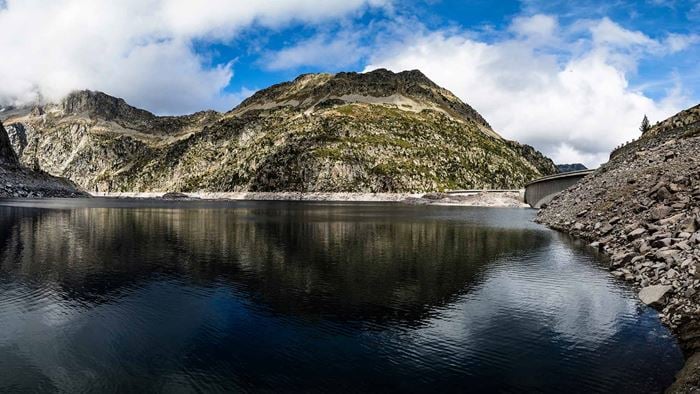Aboriginal communities in remote Australia face significant and ongoing health and wellbeing issues related to substandard basic infrastructure.
Arup, through its pro bono Community Engagement program, is providing technical support in assessing options to supply power and water to the remote Aboriginal communities of Frog Hollow and Karunjie Station, Western Australia (WA). More than 3000km from Perth, they are in the north west of WA, close to the border with the Northern Territory. Both sites are off-grid in terms of power and water.
Providing safe, reliable and affordable power and water will help both places meet their development needs.
For the Nyaliga community at Karunjie, it will also enable the land to be divested back to them from the Indigenous Land Corporation. They will be one step closer to realising their vision of a growing, healthy community which is connected to country and culture.
Key to the success of this work and the ongoing conversations was our collaborative approach. Our engineers built relationships with the communities – listening to their knowledge, aspirations and stories – and went into the project as true partners with complementary skills.
“The local communities told us that what they wanted was to be back on their land with their family, so we’re working backwards on how to get them there. Their aspirations are social and we’re applying the technical solutions. ”
Alex Reilly Engineer

Understanding community needs
We undertook on-the-ground analysis with Elders and the community to fully understand the existing assets and community needs, working alongside Community Housing Limited through Engineers Without Borders Australia.
In Frog Hollow, the Wurreranginy community explained their challenges including contaminated bore water, also too high in calcium, which results in multiple ‘boil water’ notices, including one that lasted for seven weeks. There is the financial burden of having to buy bottled water for their only school, and insufficient energy capacity through their current diesel generator power system. The community is enjoying a period of growth, but the power system has limited capacity for future community growth.
“We jumped in a very small plane, met the Elders and community and lived on-site with them to fully understand their needs. Improving water quality and power supply will help them grow healthy and sustainable communities ” Alex Reilly Engineer
At Karunjie, a homestead and cattle station on land with connections to the Nyaliga people that span tens of thousands of years, the main source of water is the local bore. It also must be boiled before drinking due to a range of contaminants. A common power solution is to equip the site with a diesel-powered generator. But while generators are relatively inexpensive, diesel costs are high, and the use of fossil fuelled technology carries its own environmental costs.
Practical, sustainable solutions
We are putting forward practical options to provide safe, reliable and affordable power and water for both places.
For the Wurreranginy community in Frog Hollow, we could confirm that their water system is fundamentally safe but pipe corrosion was causing the poor-quality issues. This was subsequently confirmed and fixed by the State Government. The community is now exploring other water sources and treatment options to avoid the problems caused by hard water in the area. We also suggested the community consider solar power with battery storage, a renewable power solution that will reduce costs.
For the Nyaliga community, we suggested solar power with battery storage, and are still working with them on the best water treatment infrastructure for their needs. Having reliable power and water will remove two of the current blockers to establishing ranger facilities, tourist accommodation and housing on Karunjie. Facilities like this are important enablers for the Nyaliga community to take back ownership and management of its land and to preserve it for future generations.
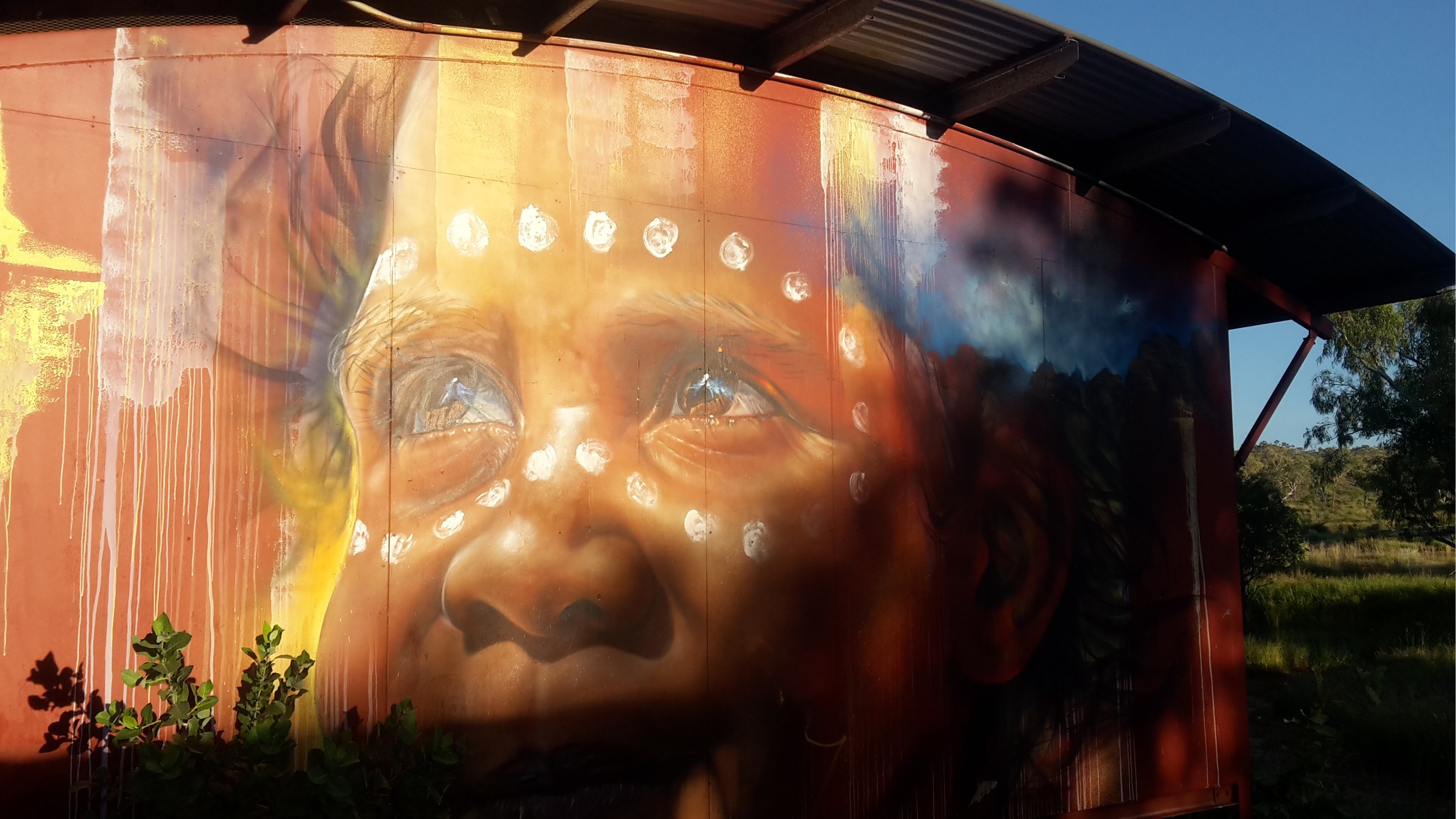 ;
;


